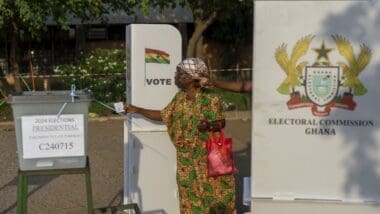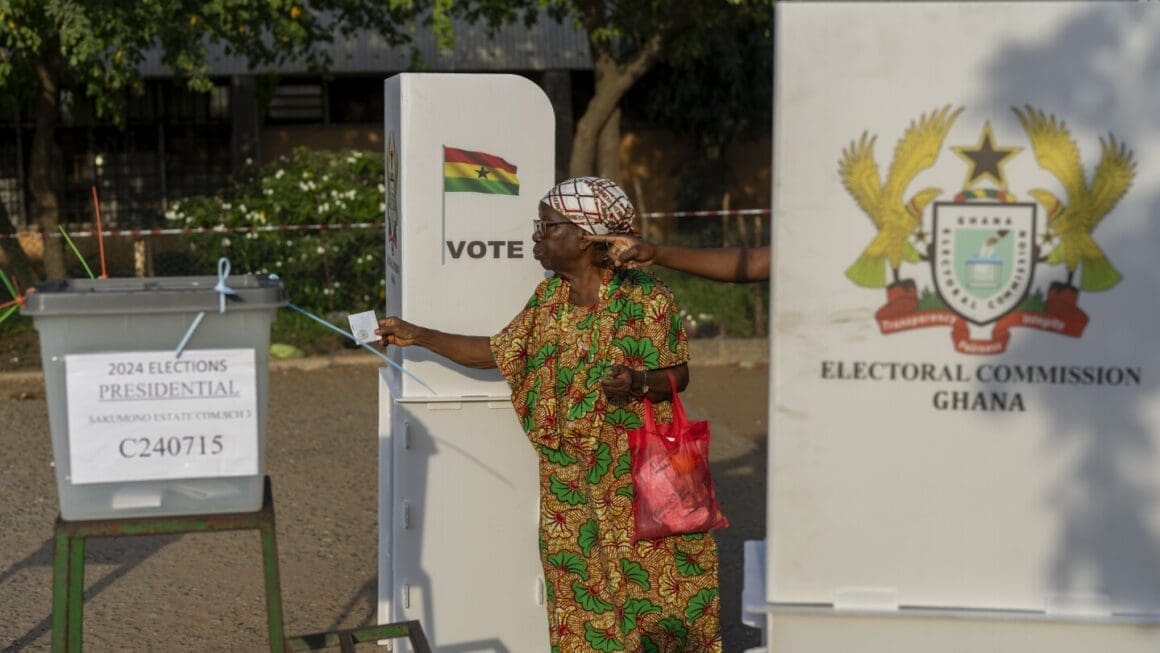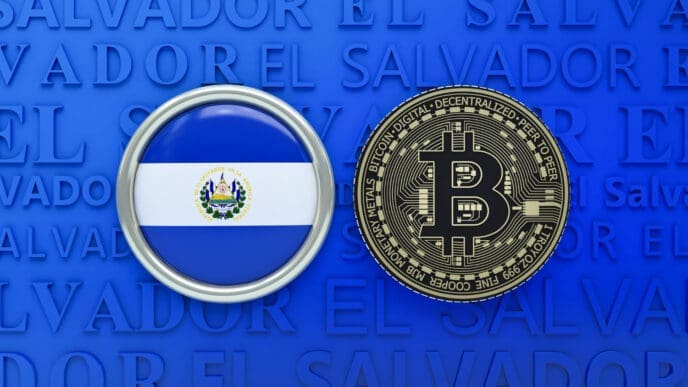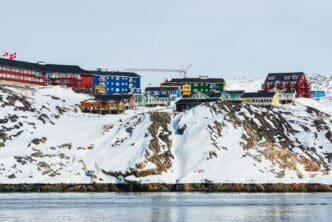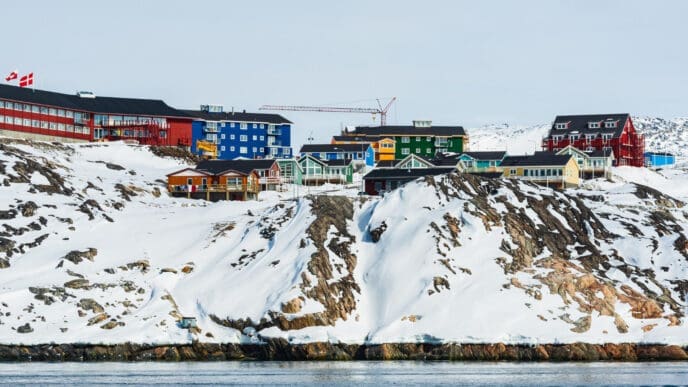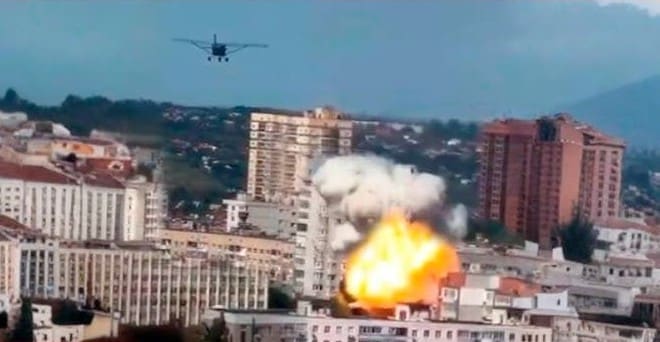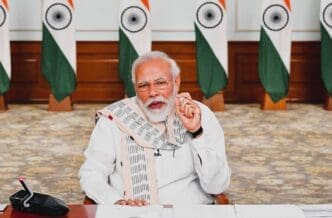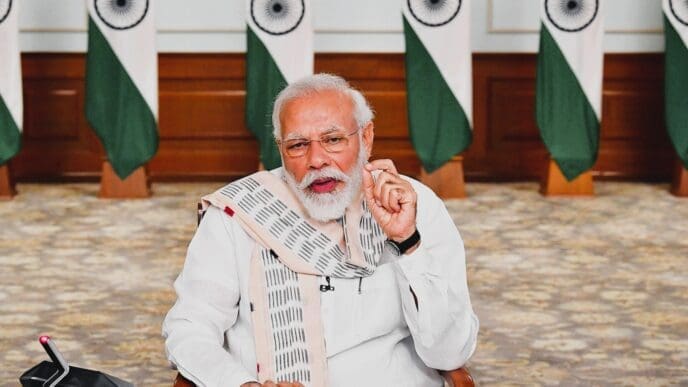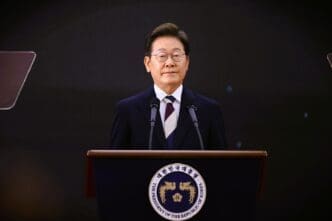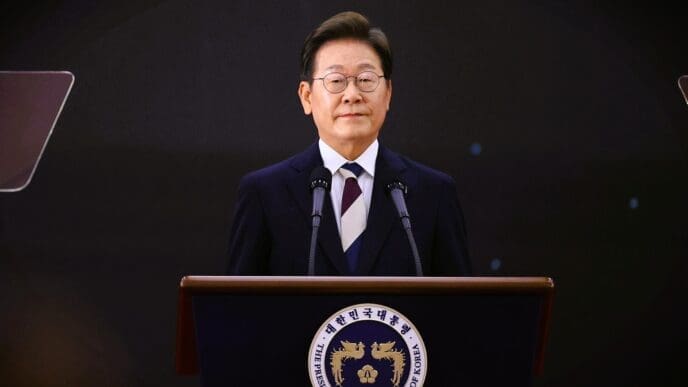The elections in Ghana served as a critical evaluation of the country’s democratic resilience amidst turmoil in the region due to extremist violence and military coups. Despite this backdrop, voter turnout appeared robust, with individuals heading to the polls across various locations, including the bustling capital of Accra. Notably absent were the usual vibrant activities in areas like Oxford Street, highlighting the gravity of the day’s events.
Ghana, once celebrated as a democratic success story in West Africa, faces unprecedented economic challenges. This election is a pivotal moment, with 18.7 million registered voters casting their ballots in a nation experiencing steep economic decline. The early results were anticipated to be available by Saturday night, with official results expected by Tuesday.
Historically, Ghana has thrived economically and been an example of political stability in the region. However, recent years have seen this stability challenged by soaring inflation and employment issues. According to a recent Afrobarometer poll, a staggering 82% of citizens feel the nation is on the wrong path. The election has, therefore, become a critical juncture for potential change.
The presidential race has primarily been a contest between Vice President Mahamudu Bawumia, from the ruling New Patriotic Party (NPP), and former President John Dramani Mahama, representing the opposition National Democratic Congress (NDC). The Economic issues have been at the forefront of this electoral battle, as both candidates strive to present themselves as the answer to the country’s woes. Opinion polls have suggested a possible comeback for Mahama, who historically has connections with infrastructure development during his previous tenure.
The election also included selecting members of parliament. The current parliament consists of equal representation from both major parties—NPP and NDC—along with one independent member whose allegiance tends to align with the ruling party. An additional constituency has been added in this election cycle, increasing the count to 276 legislators.
On the campaign trail, both candidates provided final appeals to voters. Bawumia, an experienced economist, has promised to stabilize the economy and build upon the current administration’s efforts. Meanwhile, Mahama has called for a comprehensive “reset” across all sectors of governance and the economy. Despite these campaign promises, many voters remain skeptical about the potential for real change, pointing to unfulfilled promises of the past.
The election atmosphere in Accra was lively, with campaign posters and public rallies contributing to the vibrant atmosphere, yet the underlying concern about economic recovery persisted among the populace. The outgoing government has faced significant criticism over economic mismanagement, highlighted by the unresolved status of projects like the La General Hospital in Accra, which remains incomplete since 2020.
Illegal gold mining, locally known as ‘galamsey’, has emerged as a significant campaign issue. This practice has grown out of control, causing environmental damage and illustrating the desperate economic conditions driving many to seek illegal work opportunities.
Ghana’s economic crisis has profoundly impacted everyday life, with high inflation rates causing prices of essentials to soar. Despite some recent stabilization efforts, many citizens continue to struggle with the cost of living, reflecting a broader theme of discontent with current leadership.
The conclusion of Ghana’s elections comes with both anticipation and apprehension. Citizens hope for change amidst challenging economic circumstances, but skepticism remains regarding the promises of political candidates.
Source: Apnews
